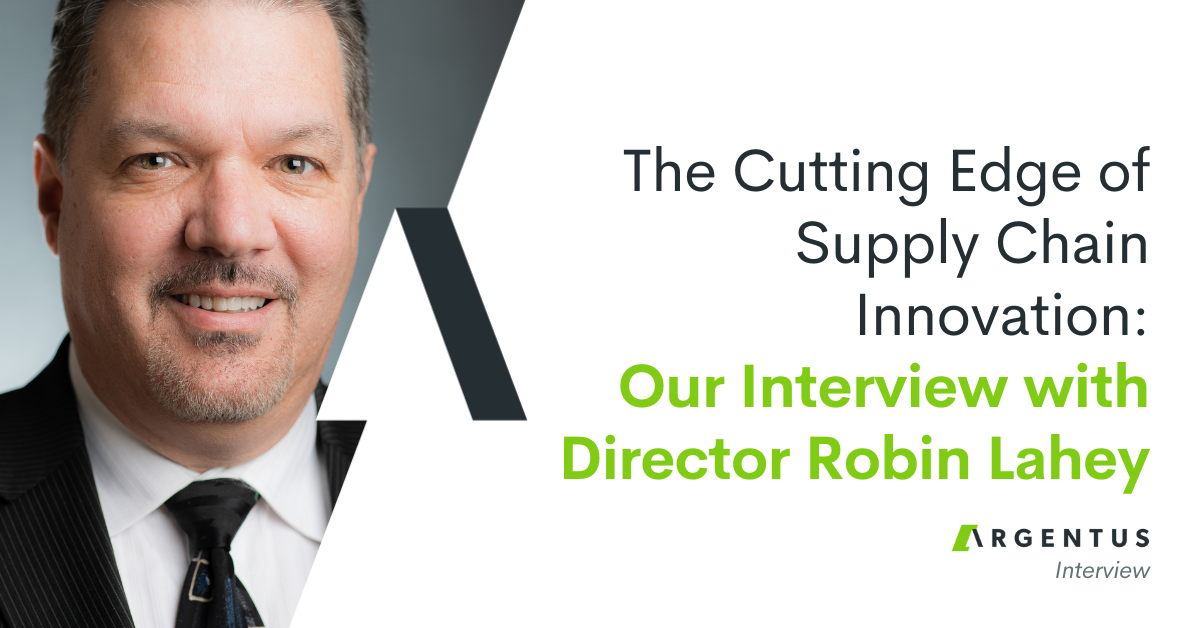
A while back, a senior candidate of ours was being considered for a top senior category manager role in the retail space. She made a common and potentially costly mistake for her career search: she decided not to pursue the interview process with a really great employer because of what she had heard through the grapevine about her future boss’s boss.
On the client side, we had a search where my team presented a slate of great candidates for a Director of Supply Chain role. Two strong and very qualified candidates were unexpectedly dropped from the roster because someone told someone else (through company gossip) that the candidates were great, but not the right fit.
These are dangerous assumptions for both companies and individuals to make because they’re based on hearsay. Hearsay is unpredictable, potentially skewed, and unreliable at best. It isn’t always the best measure of how to size a company or a person up.
The Water Cooler Reference
To tell you the truth, conversations beginning with “I didn’t say this, but…” are welcome in many working environments. They happen more than you think, and they happen on both sides of the desk. Every day, employers and employees walk away from one another because of what gets said under someone’s breath or into someone’s ear as an aside. And that’s a dangerous game.
This might be an eye opener for some about references. Because there’s a myth that the references you provide when you apply for that perfect position—in change management or procurement or quality assurance—are enough to get you the job.
Every hiring manager expects that references of record for a candidate will provide glowing statements. And if they don’t, you had better be revisiting the references you are using. (It’s always good to go back and do your due diligence to confirm just how well your chosen references are coming across). These days, references are still a necessary part of the standard hiring process, but merely one piece of the hiring puzzle.
What so many hiring managers really want are the unofficial details about who they might hire, or where they might be going to work next. And with the world getting smaller, the internet has put everyone within a keyboard’s reach for networking. Everyone is asking questions about everyone and getting the information they want. These sidebar conversations are where the real value lies, and that information is getting used with great alacrity when people are getting hired.
Once the politically correct references have been put to bed, be assured that employers are asking the real questions about candidates off the record, too: who are you as a peer or a boss; if you’re a collaborator, team player, or leader. On the other side, candidates are checking out companies, bosses, teams, and cultures very carefully as well. They are scouring their networks to find out who knows who, and who can give them the dirt—good or bad—on employment opportunities.
The Downside of Off-the-Cuff References
As great as it is to be able to put out feelers to find out what one needs to know before hiring someone or joining a new company, erroneous, misconstrued, or dated information can impact job offers along with a company’s ability to attract top talent. It’s those off-the-cuff backdoor references that can have a tremendous impact on recruitment outcomes.
Negative publicity “on the down low” can be extremely insidious, and it can stand between you and your next career move. While everyone need not think you’re Ms. Popular, you absolutely need to be well-liked enough and thought of as professional in your field. You should be able to look back at your career knowing no one carries negative baggage around about you… like the colleague you didn’t gel with 15 years ago, the assistant who thinks you didn’t cut him a fair shake, the direct report who felt you were on his back all the time, or the tough vendor who felt you went too far in that last negotiation. These are all people whose words may come back to bite you.
By and large, most people are good people (and decent workers, too). But we all need to pause sometimes and reflect. Think back to who in your past you could make peace with at lunch or over coffee. It’ll be worth your while. ![]()
This post first appeared as a LinkedIn Publisher contribution in 2015.
Have you signed up for Argentus’ Market Watch Newsletter? It only takes a moment. You’ll receive low-volume, high-impact market insights from the top specialty Supply Chain recruiters including: Salary Information, Supply Chain industry trends, Market Intelligence, Personal Branding tips and More!
[mc4wp_form id=”17895″]



0 Comments